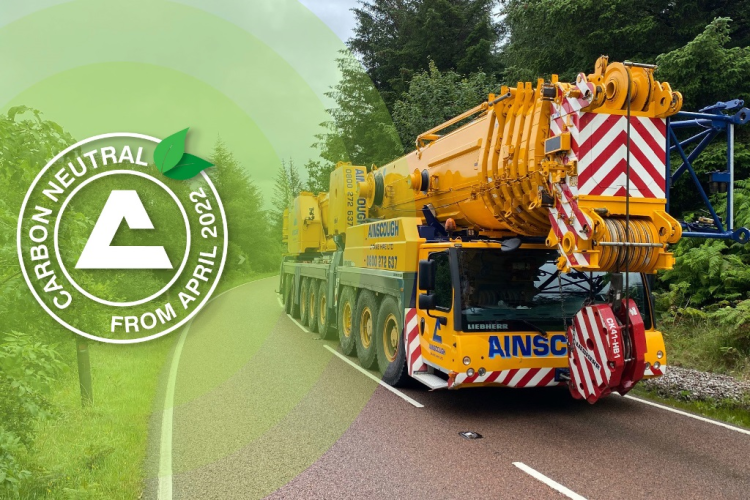The end of the red diesel rebate for the construction industry in April has focused minds on fuel. For increasing numbers this has meant a switch to hydrogenated vegetable oil (HVO), despite synthetic biodiesels costing more and being taxed at the same rate as regular diesel.
Some hope that the government will concede ground and keep construction’s tax rebate for biodiesels – the environmentally-friendly option. But with just a few weeks to go, that is not looking likely.
Many others are switching to HVO to reduce their polluting engine emissions. Maybe they have a guilty conscience. Maybe they see it as smart business to be seen to be green. Maybe both.
Switching to HVO is not (or not yet at least) a money-saving move. The only benefit lies in cleaner tailpipe emissions.
Over the past two years dozens of construction contractors and plant companies have started using HVO. What was recently seen as a slightly wacky fringe fuel is now a big enough business to prompt BP to invest millions in a 30% stake in Green Biofuels Ltd, the UK’s biggest producer of hydrotreated vegetable oil.
Latest converts to HVO coming out this week are Ainscough Crane Hire and piling specialist Rock & Alluvium.

Ainscough is claiming to be the first crane company in the world to commit to using HVO. Cadman Cranes and GGR switched to HVO last year but have perhaps not entirely phased out fossil fuel diesel yet. Ainscough says it will be diesel-free by April. It is using HVO in all of its 400+ mobile cranes and 30+ transport and heavy goods vehicles.
Rock & Alluvium, Galliford Try’s piling arm, has converted 12 piling rigs to use HVO as part of the group’s commitment to achieving net zero carbon across its activities by 2030.
Ainscough chief executive Peter Gibbs said: “As the UK’s leading crane hire company we have a responsibility to lead by example in the challenge of preserving the planet for future generations. Our move to HVO fuel is not just a breakthrough moment for the domestic crane hire market – it’s a global first too.
“Our fuel usage is the most significant aspect of our carbon footprint, accounting for the vast majority of the business’ carbon emissions. By achieving this 95% reduction and undertaking offsetting we have been able to make sure our company will be a carbon neutral business within the first months of 2022. Everyone working in construction needs to be bold in order to ensure we can reach our collective net zero targets, and we feel this announcement will be of great benefit to our partners throughout the industry.”
The availability of HVO remains a stumbling block to mass take-up. Peter Gibbs said that Ainscough’s national spread – 30 depots nationwide – made it easier. “This adoption has been made possible thanks to the sheer breadth of our depot network, meaning our team will have easy access to refuelling locations across the country,” he said.
Rock & Alluvium managing director Darren Brockett said: “We all have a part to play in decarbonising the environment and we are delighted to be one of the first UK businesses to switch to solely HVO-fuel for our piling rigs. We are anticipating a significant drop in our carbon emissions through their use and, as a key contributor to the group’s carbon emissions, this is an excellent step in Galliford Try’s journey to net zero, as part its sustainable growth strategy.”
Got a story? Email news@theconstructionindex.co.uk



